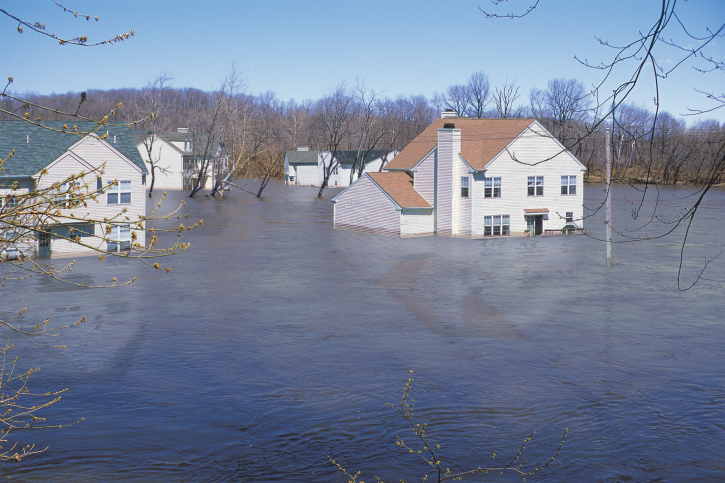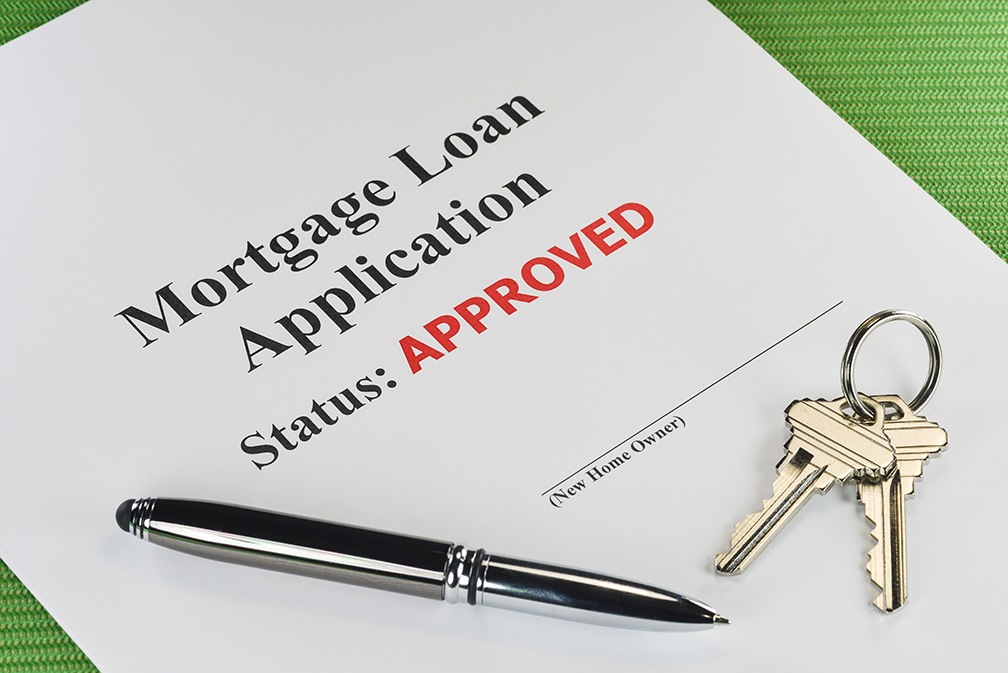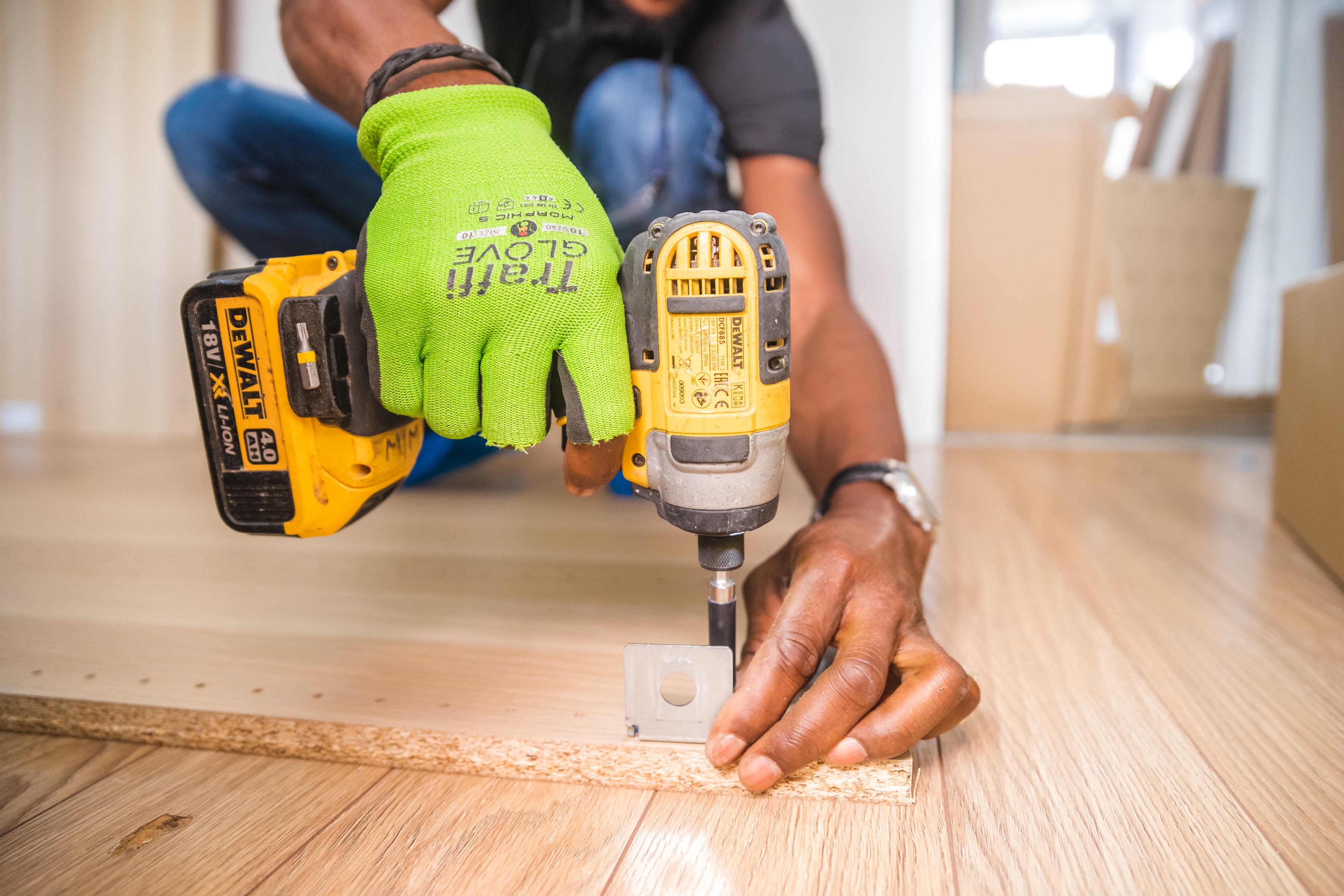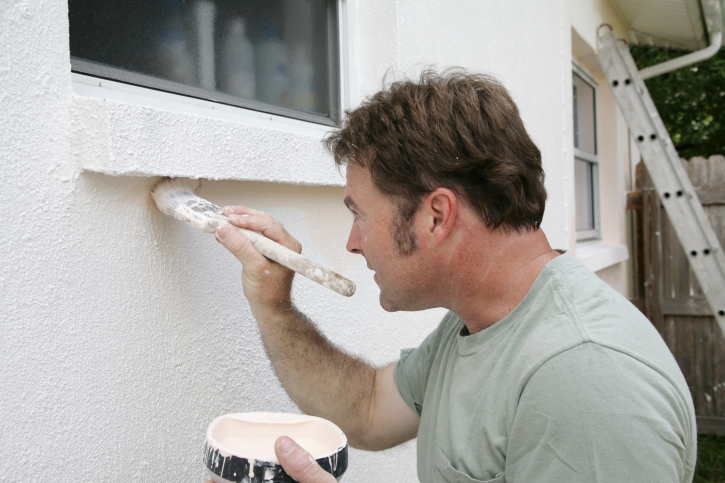 While businesses have fallen on hard times during the past few months, there are signs that the economy is going to start to recover quickly. This could mean that homebuyers are entering the market again as well.
While businesses have fallen on hard times during the past few months, there are signs that the economy is going to start to recover quickly. This could mean that homebuyers are entering the market again as well.
With summer being a historically hot time for homebuyers all over the country, there are a lot of experts saying that buyers need to get ready for a bidding war.
There are not a lot of homes on the market right now, as sellers are still a bit reluctant to put their homes back on the market with the economy just starting its recovery process.
The end result is that there is a disconnect between supply and demand. This imbalance is causing home prices to climb upward as homebuyers get into a bidding war.
Homebuyers Might Be Surprised
Many homebuyers are surprised that prices are actually rising instead of falling. When the last recession hit, home prices actually fell significantly. This is because mortgage defaults were the cause of the last recession, which is why home prices fell so dramatically.
The cause of this economic downturn is different. Due to a limited supply of homes, this is leading to more competition among homebuyers. This leads to more competition, handfuls of offers for a single home, and a bidding war. In order to find the right home, there are a few tips that homebuyers need to keep in mind.
Put Forth A More Competitive Offer
Those who are looking for a home right now need to place themselves in a position to compete against multiple offers from other homebuyers. Some of the most important tips to follow include:
- Hire a local expert who understands the state of the market right now who can help homebuyers find the right home. Right now, the real estate market is not normal. It takes an expert to understand the ins and outs of buying a home in this market.
- Get pre-approved from the market to make sure the offer looks serious to the seller. Those who get pre-approved from a lender will demonstrate a strong desire to buy, pushing their offer to the top.
There are ways to put forth a competitive offer even in this challenging real estate market.
 It is no secret that the COVID-19 pandemic has had an impact on everyone; however, there are a few impacts that are being overlooked. In addition to the public health crisis and the tanking of the stock market, there are also impacts of the virus on people’s home values.
It is no secret that the COVID-19 pandemic has had an impact on everyone; however, there are a few impacts that are being overlooked. In addition to the public health crisis and the tanking of the stock market, there are also impacts of the virus on people’s home values. You’ve got house insurance, and assume your property is covered for any type of detrimental occurrence that can possibly take place.
You’ve got house insurance, and assume your property is covered for any type of detrimental occurrence that can possibly take place. For those who live in a condo, they know that there are numerous advantages that come with this living arrangement. Living in a condo means that other people are going to be responsible for landscaping and common areas while homeowners are still able to build equity in the home.
For those who live in a condo, they know that there are numerous advantages that come with this living arrangement. Living in a condo means that other people are going to be responsible for landscaping and common areas while homeowners are still able to build equity in the home. If you’re a homeowner, your backyard is probably a space where you look forward to spending private, quality time watching your children play or entertaining dinner guests.
If you’re a homeowner, your backyard is probably a space where you look forward to spending private, quality time watching your children play or entertaining dinner guests. There are many people who set buying a home as one of their major life goals. There is a lot that comes with owning a home including a major investment opportunity, a sense of stability, and a feeling of pride; however, homes are also expensive. It can be challenging to find a home loan.
There are many people who set buying a home as one of their major life goals. There is a lot that comes with owning a home including a major investment opportunity, a sense of stability, and a feeling of pride; however, homes are also expensive. It can be challenging to find a home loan. Congratulations on moving into your new house! But hold on. Now that the house is yours, there are a few things you will want to do in order to make life in your new home more comfortable and secure. Before you plan your housewarming party, here is a list of the first things you should do after you move in.
Congratulations on moving into your new house! But hold on. Now that the house is yours, there are a few things you will want to do in order to make life in your new home more comfortable and secure. Before you plan your housewarming party, here is a list of the first things you should do after you move in. As a homeowner, there are numerous situations in which someone might need a home service professional. On the other hand, this can also create a sense of vulnerability because people might not know who to choose. In order to find the right home service professional, there are a few tips that people need to follow.
As a homeowner, there are numerous situations in which someone might need a home service professional. On the other hand, this can also create a sense of vulnerability because people might not know who to choose. In order to find the right home service professional, there are a few tips that people need to follow. Renovating a home is not only a way to increase the family’s standard of living but it can also be seen as an investment. There are multiple ways for someone to increase the value of their home and renovations are one of the most straightforward. At the same time, some investments offer a better return than others.
Renovating a home is not only a way to increase the family’s standard of living but it can also be seen as an investment. There are multiple ways for someone to increase the value of their home and renovations are one of the most straightforward. At the same time, some investments offer a better return than others.